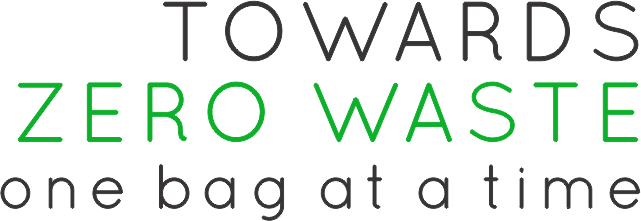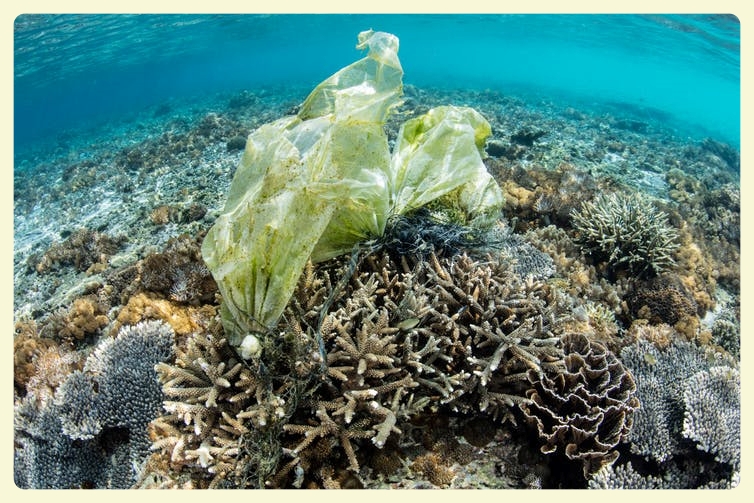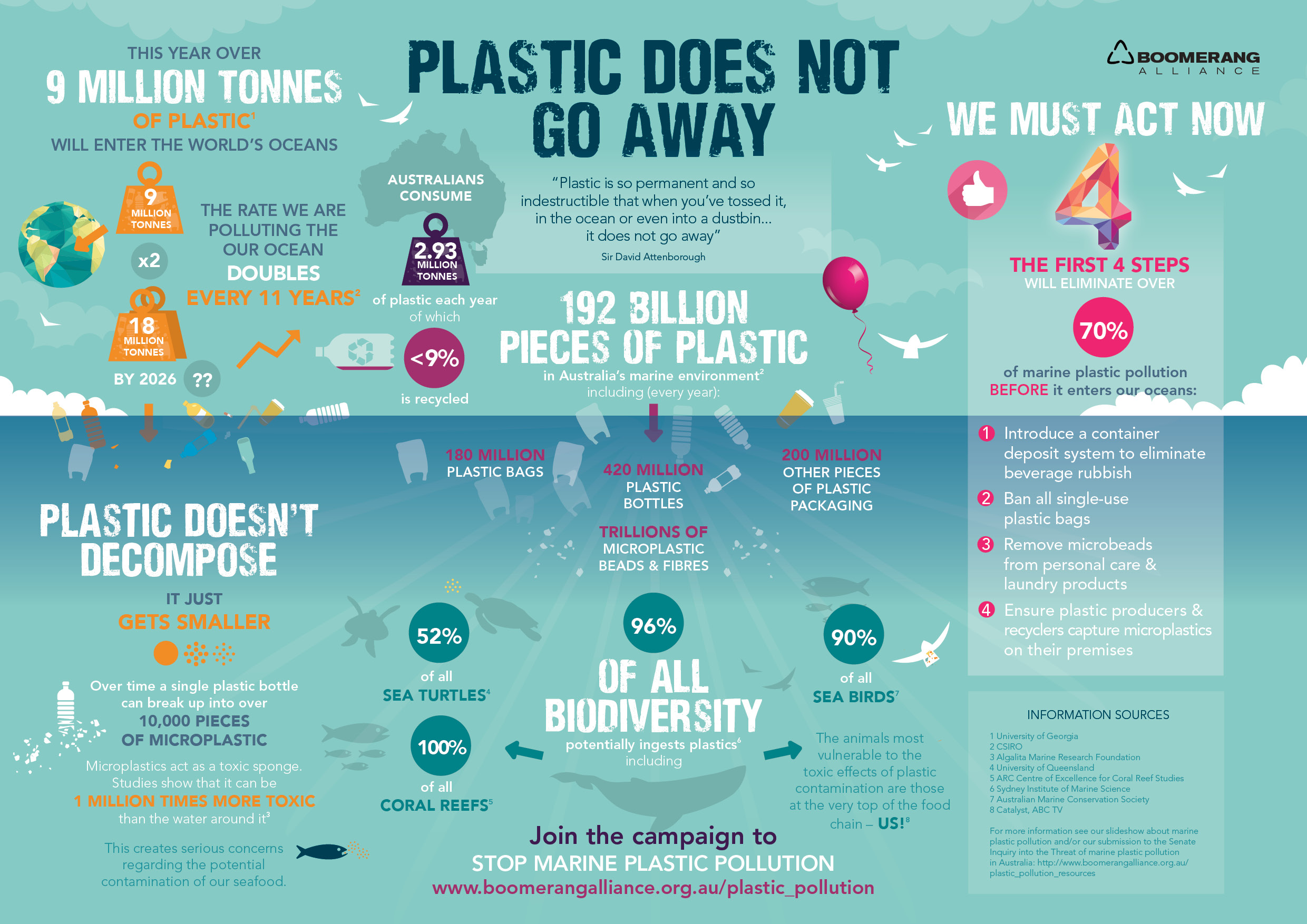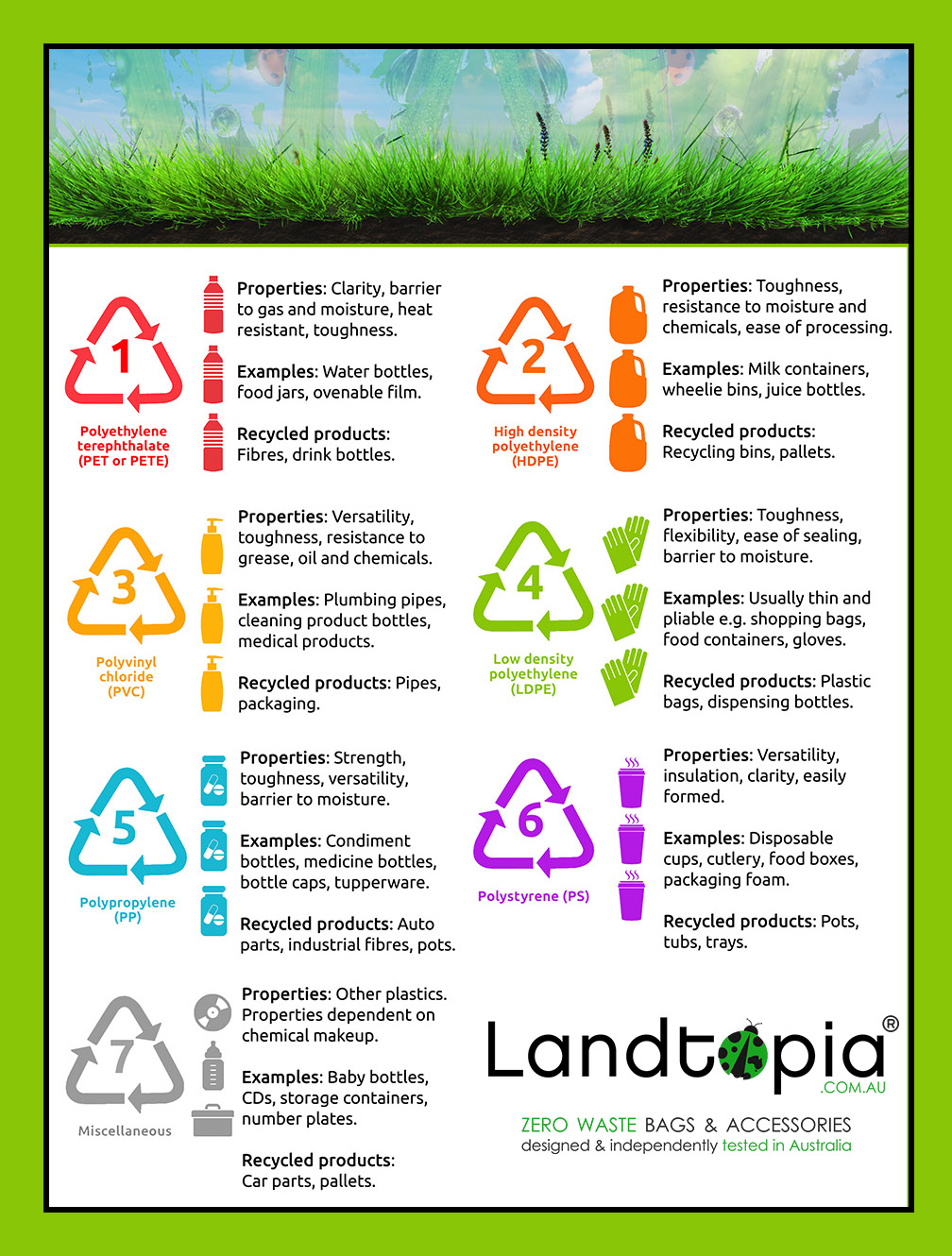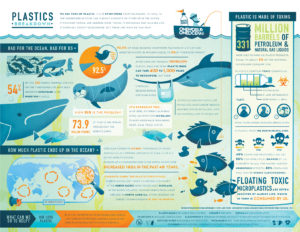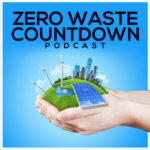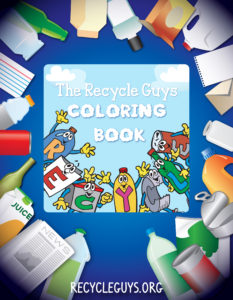When it’s buried in municipal landfill, the Landtopia bag activates its organic additive and adopts a colony of microbes, which otherwise would be unable to break down the polymers (dense molecules) in the material.
In this environment, the microbes are able to consume the entire bag leaving behind by products such as humus, (a nutrient boosting compost), carbon dioxide and methane.
To establish the effectiveness of the organic additive, the Landtopia team tested the bags independently in an Australian lab that simulated landfill conditions.
Over 3 years there was a 33.9 percent breakdown of the bags. Now, compare that to regular plastic that is taking thousands of years to decompose.
We believe within 10 to 15 years all petroleum based plastics destined for landfill will be treated this way.
Here’s some great resources for more information:
How plastic impacts the ecosystems
Plastic bags can also smother corals and other seabed communities. When plastic bags end up in our oceans, animals (including seals, dolphins and seabirds) can get tangled up in them. An animal with a plastic bag around its neck will have trouble moving through the water, catching its prey or feeding, and escaping predators.
Plastic can smother seabed and coral, impacting ecosystems.
Read more here
Working together to protect our Oceans
podcasts
https://zerowastecountdown.podbean.com/
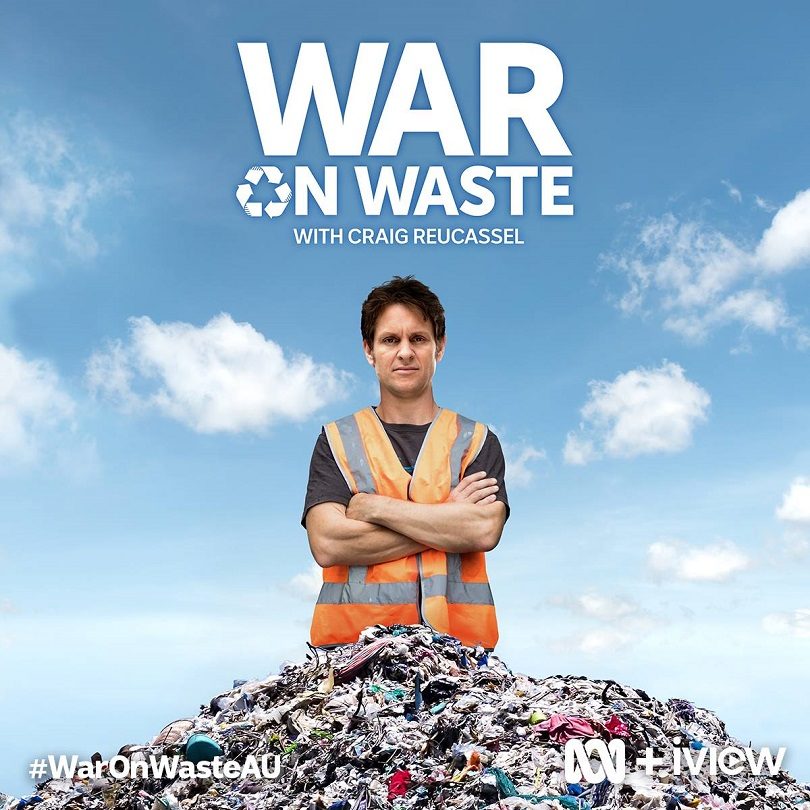
THE WAR ON WASTE : http://abcspla.sh/c/2597026
Source: ABC
Find more resources from ABC
https://education.nsw.gov.au/teaching-and-learning/curriculum/learning-across-the-curriculum/sustainability/teaching-and-learning-resources/waste
![]()
The Waste Less, Recycle More Education Strategy 2016–21 will drive education and behaviour change initiatives to achieve the NSW waste and recycling targets. The strategy – Changing Behaviour Together – outlines clear actions for the Environment Protection Authority (EPA), our program partners and stakeholders and provides a framework for the evaluation of education initiatives.
Waste Less, Recycle More is a $802.7 million package to transform waste and recycling in NSW over nine years and the NSW Environment Protection Authority (EPA) has developed an education strategy to support the program.
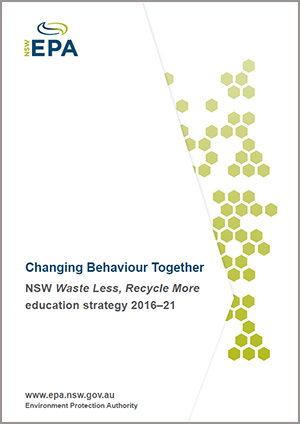
Download your copy here
http://worldslargestlesson.globalgoals.org/
RESOURCE LIBRARY CLICK HERE
In 2015, world leaders agreed to 17 goals for a better world by 2030.
These goals have the power to end poverty, fight inequality and stop climate change.
Guided by the goals, it is now up to all of us, governments, businesses, civil society and the general public to work together to build a better future for everyone.

